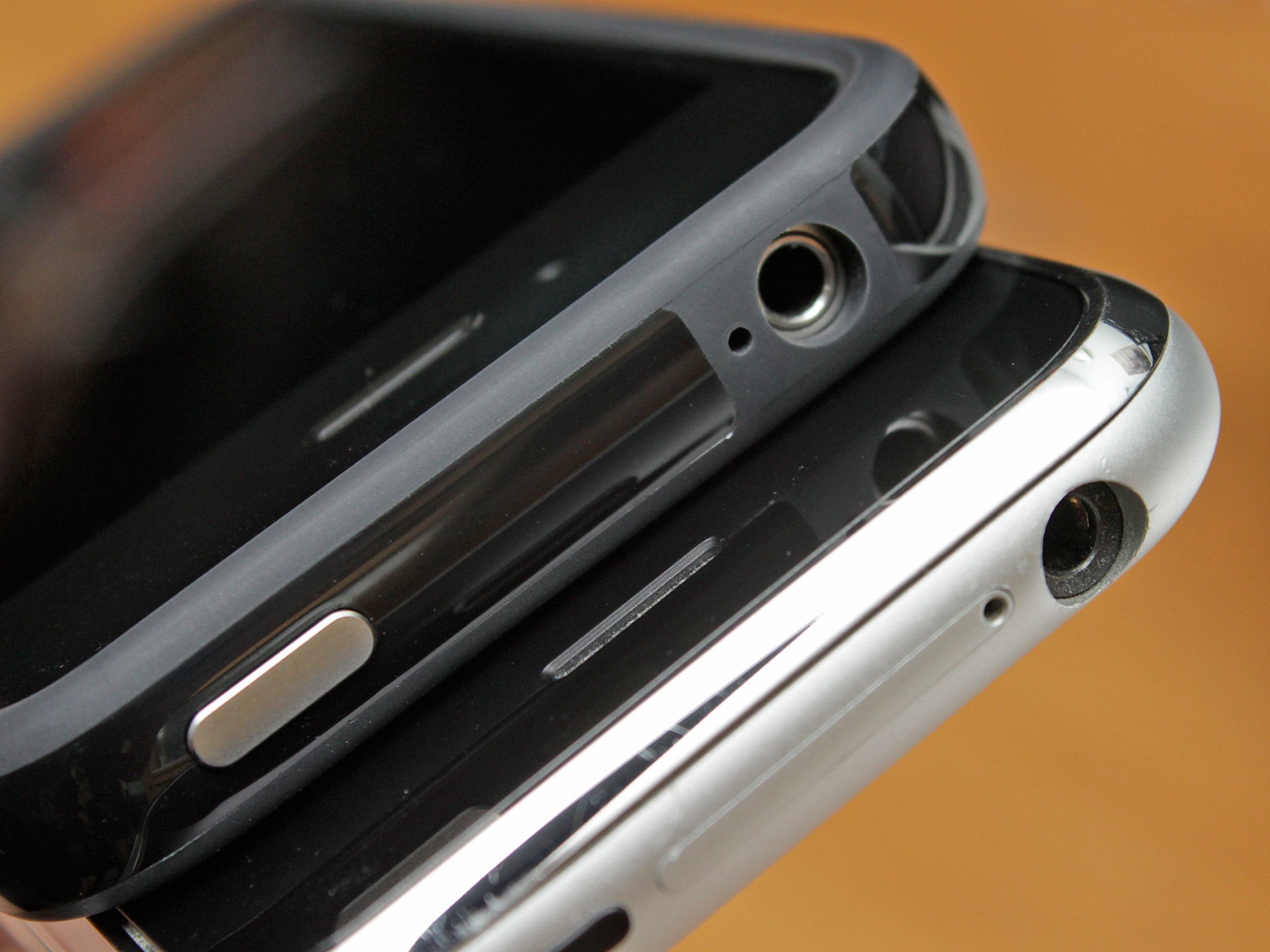iPhone 7: Is the 3.5mm headphone jack really finished?
The plan would fit with Apple's natural tendency to reduce the number of ports on its devices

In the fast-moving world of technology, it doesn't pay to get too fond of specific pieces of kit. Just as you've pledged your undying affection for a printer or consummated your marriage to a 44-inch television, your beloved gadget will be superseded by something that's half the price, half the weight or half the trouble.
But there's been one small, nickel-plated constant throughout my life, the same now as it was in the 1970s when I first pushed an earpiece into a battered transistor radio: the 3.5mm headphone jack.
Over the years I've chucked away countless cables with serial, Scart or SCSI connectors as they became obsolete, but every pair of headphones I've bought has come with the same sized connector for the same sized hole, and it's done the job perfectly.
Now, however, there are rumours that Apple is to do away with the 3.5mm socket in the next iteration of the iPhone. Perhaps predictably, about 250,000 people have signed a petition begging the company not to.
They're just rumours at the moment, but there's every reason to take them seriously. Back in June 2014, Apple unveiled plans to use the Lightning port (introduced around the time of the iPhone 5 launch) as a way of getting audio in and out of its devices. The main advantage, it would seem, is the ability for headphones to draw power from the phone or tablet, which would allow noise-cancelling technology to be used without the hassle and annoyance of batteries.
There are already headphones on the market, such as Philips' Fidelio, that have a Lightning connector – but why would we buy those when our old ones with a standard cable work just fine? One obvious answer to this question is for Apple to remove the old-style socket and simply force us to upgrade, either to wireless or to the new, approved kind of "wire".
The anonymously quoted reason for making this change is to allow Apple's new phones to become even thinner, although let's face it, the iPod nano – equipped, naturally, with a 3.5mm headphone socket – is hardly a porker. The plan would fit with Apple's natural tendency to reduce the number of ports on its devices; back in the day, offering an exciting range of connection options was a copper-bottomed sales strategy, but today they're seen as a blight on design.
Then, of course, there's the quiet suggestion that the Lightning port might deliver better audio quality. The blurb for Fidelio headphones refers to their "pure digital signal" – but our ears aren't digital, and the zeroes and ones have to be converted into sound at some point along the chain. Whether that happens in the phone or in the headphones is neither here nor there – whatever we might be told or led to believe about "the ultimate listening experience".
The real reason, however, is cash. Every pair of headphones using the Lightning connector and Apple's noise-cancelling technology would channel money back to Apple. Chunky adapters allowing us to plug our Jurassic headphones into the futuristic Lightning port will surely be made available for slightly more money than we want to pay.

As I outlined in a recent feature for this paper, the headphone market is huge, and companies are coming up with audacious strategies for grabbing a slice of that pie; one firm at the recent Consumer Electronics Show in Las Vegas was showcasing a pair that apparently stimulates the "Vagus nerve" to help us relax.
But Apple's strategy is probably more effective. After all, you can't push a round plug into an oblong hole.
Join our commenting forum
Join thought-provoking conversations, follow other Independent readers and see their replies
Comments
Bookmark popover
Removed from bookmarks